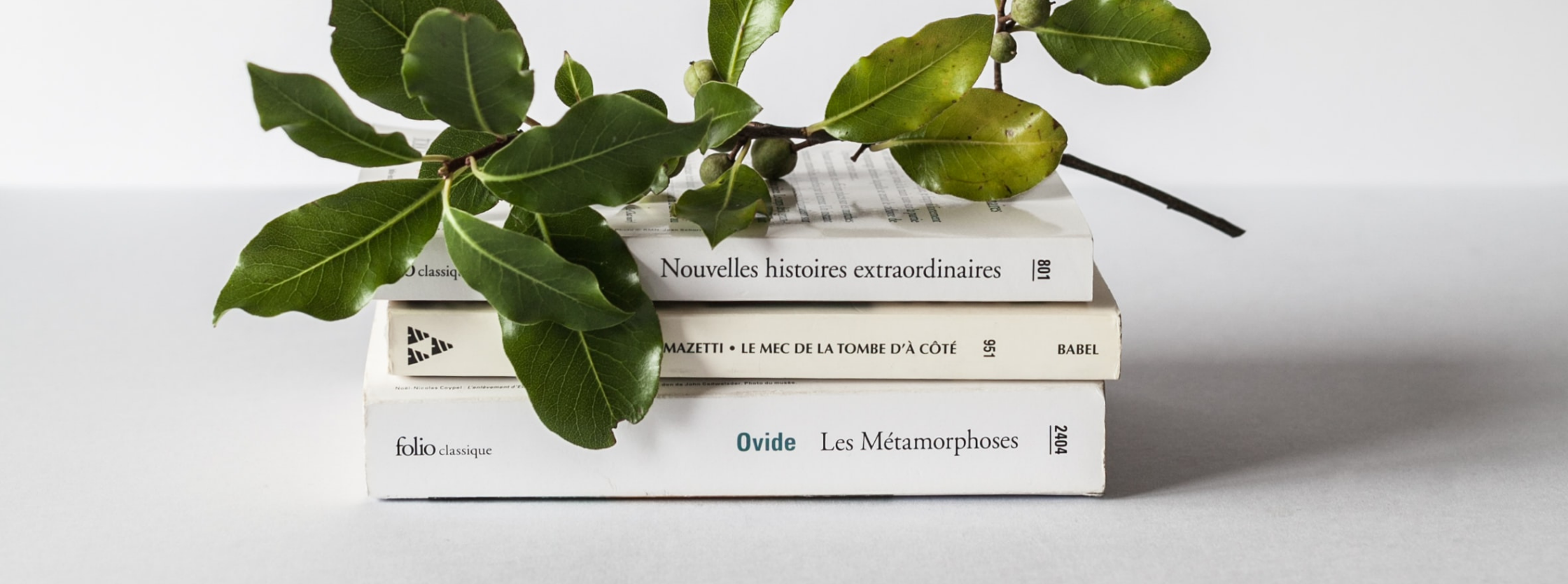
Inheritances: Why We Should All Be Like Princess Diana
In their first joint interview since stepping back as senior members of the royal family, Prince Harry and Meghan Markle made many shocking and saddening comments when speaking with Oprah on March 7, 2021. Among these was Prince Harry’s comment that his late mother, Princess Diana, may have had a sense that the events leading up to his and Meghan’s departure from the royal family were coming, and that Harry would need to rely upon her support, even twenty-three years after her death.
That support came in the form of the inheritance that Diana left for her sons upon her death in 1997. According to public records, Harry inherited approximately £6,500,000 at the time of Diana’s death, which was invested and gathered interest until his 30th birthday. At the time his inheritance was paid out in 2014, Harry received roughly £10,000,000 from his mother’s estate (which is roughly equivalent to $17,500,000 Canadian). During their interview, Prince Harry acknowledged to Oprah that he and Meghan would not have been able to step back as senior members of the royal family and live independently if they had not been able to rely upon his inheritance from Princess Diana.
Had Diana died without a will, according to UK laws at the time, her estate still would have been divided between Harry and William, as she was legally divorced from Prince Charles by then. However, a member of Diana’s family would have been required to petition the courts to administer the distribution of Diana’s estate, and Harry likely would have received his inheritance on his 18th birthday in 2002. Diana’s will also contained specific instructions to her executors – her mother and her sister – about Harry and William’s education, established a discretionary trust for Harry and William’s descendants, and bequeathed small gifts to her butler and godchildren. None of those additional instructions would have likely been included by the court had Diana passed away without a will.
Likewise, in Alberta, the Wills and Succession Act sets out the order of inheritance for intestate estates and, had Diana died here, her estate also would have been divided equally between Harry and William. Again, though, none of the specific provisions regarding the boys’ education would have been included, the discretionary trust would not have been created by the court, and the individual gifts to other beneficiaries would not have occurred.
It may be tempting to conclude that, because the primary consideration of Diana’s will was to divide the bulk of her estate between her two children, she actually didn’t need to have a will. However, one of the key provisions in Diana’s will was that her children’s inheritances be held and invested until they turned 25 (which was later raised by the High Court to 30). Many of my clients use their will, in part, to raise the age of inheritance for their children in an attempt to ensure that their children will be mature enough to handle a significant sum of money responsibly, and it’s quite possible that Diana had the same worry with her own sons.
Harry was only 9 years old when Diana signed her will in 1993, perhaps not quite old enough to make an assessment of his fiscal responsibility; in situations where clients have very young children, I often suggest that my clients think back to when they were 18 and whether they would have been able to maturely deal with a sudden influx of money at that age. The old adage that the apple doesn’t fall far from the tree can be helpful when deciding whether to raise the age of inheritance for your children. Maturity aside, the likelihood that Harry would have been able to rely on the significant sum left by his mother in 2020 if he had received it eighteen years earlier is simply statistically lower than his ability to rely on it only six years after receiving the funds.
For those of us not from royal families, it is important to not only consider your child’s potential fiscal responsibility when estate planning, but to also consider the impact that a large inheritance could have on them at a young age. Managing a significant sum of money may be more responsibility than your child is prepared for, but it may also redirect the trajectory of their life. An 18 year old who has access to large amounts of money may not feel the need to attend university, select a steady career path, or take the steps to earn their own money that they otherwise would have, if they had not received their inheritance so young. Squandering money or opportunities may not be a concern if your child’s inheritance is small, but it’s worth considering what effect even a few tens of thousands might have on an 18 year old’s life.
In many instances, parents would like to raise the age of inheritance for their children, but they would like their children to also have access to their inheritance early in order to pay for things such as university expenses. Conveniently, you can use the trust clauses of your will to set parameters for how the money set aside for your children can be used prior to the date they inherit those funds. For example, following the petition from her executors, the High Court directed that Harry and William could have access to their inheritance from Diana once they turned 25 for specific expenditures, at the discretion of her executors. Likewise, you could choose to space out the ages at which your children inherit their portion of your estate (such as distributing 10% at 18, 25% at 25, and the rest at 30). You can also grant your executor permission to use the funds held in trust for your children to pay for certain expenses on behalf of your children, such as their post-secondary education or the downpayment on a home, prior to the date of full inheritance.
While it is admittedly unlikely that receiving his inheritance from his mother at 18 would have significantly altered the trajectory of Prince Harry’s life prior to 2020, given the regimented structure and financial support he received from being part of the royal family, it is safe to say that having access to the majority of those funds now has dramatically changed his and his family’s future. Based on his comments to Oprah, it appears that Princess Diana’s foresight and thoughtfulness in estate planning allowed her to protect her son and her grandchild(ren), even well after her death.

Please note that nothing in this blog post constitutes legal advice, and no lawyer-client relationship is created as a result of reading this post. This blog is for general information purposes only. You should consult with a lawyer about your specific circumstances before relying on any of the information contained in this blog post.
filed in